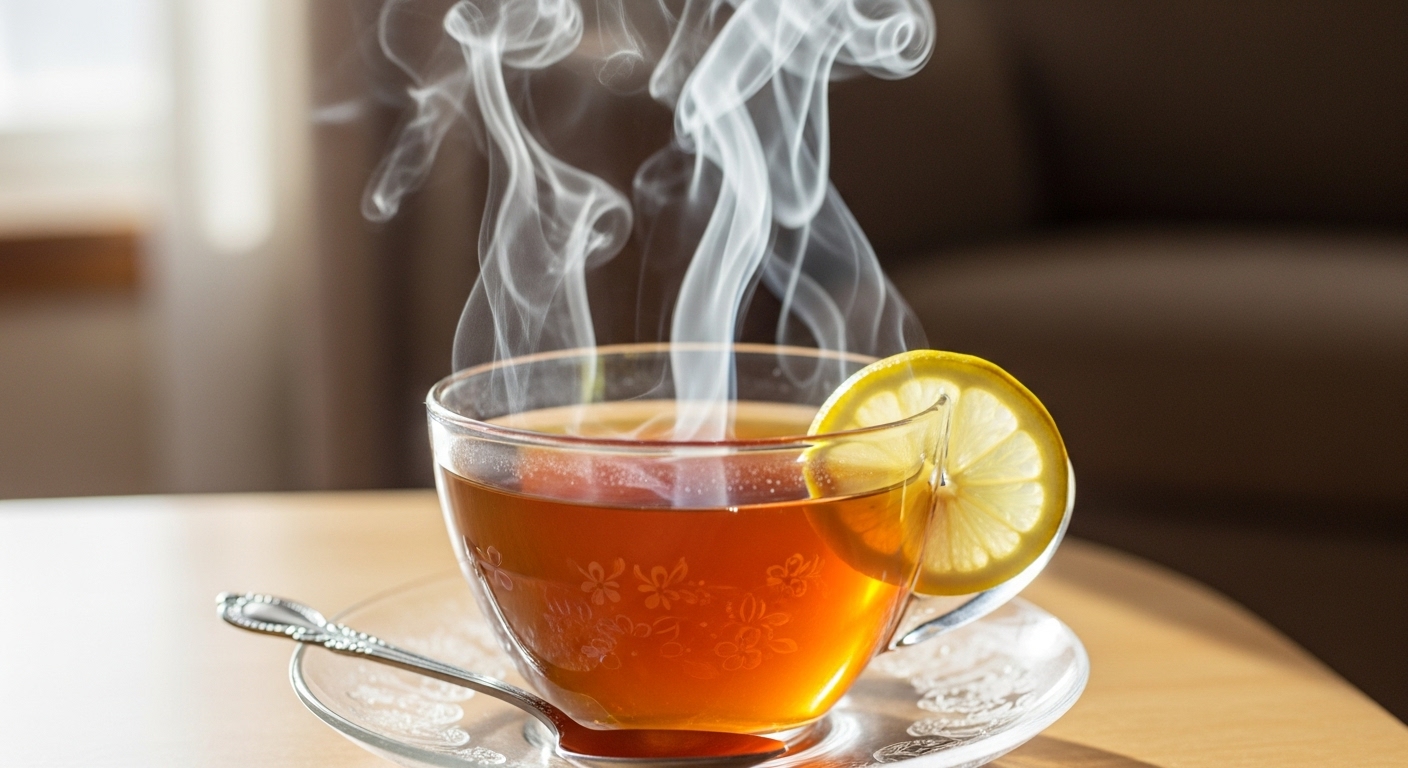US Caffeine Consumption: Coffee, Tea & Energy Drink Intake Statistics
Dr. Kumar’s Take
National dietary data show that caffeine consumption in the U.S. is stable over time, with coffee as the dominant source. These data provide context for interpreting population-level caffeine exposure and related health outcomes.
Key Takeaways
- Coffee contributes about 65–70% of total caffeine intake.
- Tea accounts for ~15%, sodas for ~10%, and energy drinks <5%.
- Average adult intake is around 150–300 mg/day, below EFSA safety thresholds.
- Intakes are higher in adults than adolescents and lowest in children.
Actionable Tip
Most adults consume caffeine well within safety limits. Energy drinks contribute a small but concentrated portion and should be monitored for total dose.

